International freight transportation is a critical component of global trade, facilitating the movement of goods across borders and oceans. As the world becomes increasingly interconnected, businesses and individuals alike depend on efficient and cost-effective freight solutions to ensure their goods reach their destinations in a timely manner. However, understanding the various costs involved in international freight transportation is essential for effective budgeting and decision-making.
The costs associated with international freight transportation can vary widely based on numerous factors, including the type of freight, the distance traveled, and the mode of transport. By delving into these factors, businesses can better anticipate and manage their shipping expenses, ultimately optimizing their supply chain operations. This comprehensive guide aims to shed light on the key factors influencing international freight costs, providing valuable insights for anyone engaged in global trade.
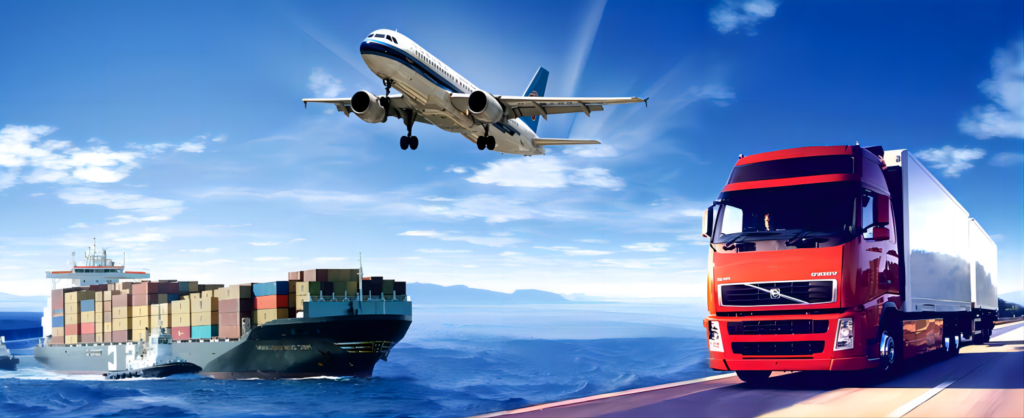
Table of Contents
Factors Influencing International Freight Costs
Understanding the factors that influence international freight costs is crucial for optimizing logistics and supply chain operations. Below are the primary factors that can significantly affect the cost of shipping goods internationally:
Type of Freight
- Air Freight vs. Ocean Freight: The choice between air freight and ocean freight can have a substantial impact on shipping costs. Air Freight is typically faster but more expensive, making it suitable for high-value or time-sensitive goods. In contrast, Ocean Freight is more cost-effective for bulk shipments and less urgent deliveries.
- Express Shipping vs. Standard Shipping: Express shipping offers faster delivery times but comes at a premium cost. Standard shipping is more economical but may take longer, depending on the destination and shipping route.
Weight and Volume
- Calculation Methods: The cost of shipping is often determined by the greater of the actual weight or the volumetric weight (also known as chargeable weight). Volumetric weight is calculated based on the dimensions of the shipment and can significantly influence the overall cost, especially for lightweight but bulky items.
Origin and Destination
- Distance and Geographical Factors: The distance between the origin and destination ports plays a critical role in determining freight costs. Longer distances typically result in higher shipping costs. Additionally, geographical factors such as remote locations or challenging terrains can further increase costs due to additional handling and transportation requirements.
Mode of Transport
- Air, Ocean, Rail, Road: The mode of transport chosen for shipping goods can greatly influence costs. Air Freight is the most expensive but offers the fastest delivery times. Ocean Freight is more economical but slower. Rail and road transport can be used for land routes, each with its own cost structure and advantages.
Seasonal Variations
- Peak Seasons and Their Impact on Cost: Shipping costs can fluctuate based on seasonal demand. Peak seasons, such as the holiday period or back-to-school season, often see higher shipping rates due to increased demand. Planning shipments during off-peak times can help mitigate these additional costs.
By understanding these factors, businesses can make more informed decisions about their shipping strategies, ultimately reducing costs and improving efficiency. For tailored solutions and expert guidance on managing your international freight costs, consider partnering with Dantful International Logistics.
Breakdown of Cost Components
To effectively manage international freight costs, it is essential to understand the various components that contribute to the total expense. Below are the primary cost components involved in international freight transportation:
Freight Rates
- Base Rates for Air Freight and Ocean Freight: The base rate is the initial cost charged by carriers for transporting goods. This rate varies significantly between Air Freight and Ocean Freight. Air freight rates are generally higher due to the speed and convenience of air transport, while ocean freight rates are lower but involve longer transit times.
Fuel Surcharges
- Impact of Fuel Price Fluctuations: Fuel surcharges are additional fees imposed by carriers to account for fluctuations in fuel prices. These surcharges can vary depending on the mode of transport and the current market conditions. Monitoring fuel price trends can help businesses anticipate potential changes in shipping costs.
Customs Duties and Taxes
- Customs Clearance Fees: Importing goods across international borders involves customs clearance, which includes duties, taxes, and other regulatory fees. These costs vary by country and are influenced by the type of goods being shipped. Efficient customs clearance processes can help minimize delays and additional charges.
Insurance
- Importance of Insurance Services: Insurance is a crucial component of international freight costs, providing coverage for potential loss or damage during transit. The cost of insurance services depends on the value of the goods and the level of coverage required. Investing in comprehensive insurance can safeguard against unforeseen expenses.
Handling and Documentation Fees
- Loading and Unloading Charges, Paperwork Costs: Handling fees cover the costs associated with loading and unloading goods at various stages of the shipping process. Documentation fees include the cost of preparing and processing necessary shipping documents, such as bills of lading, invoices, and certificates of origin.
Warehouse Services
- Storage Fees, Value-Added Services: Warehouse services encompass the cost of storing goods at different points in the supply chain. This includes storage fees and additional services such as packaging, labeling, and inventory management. Choosing cost-effective warehouse solutions can help optimize overall shipping expenses.
Dantful International Logistics Services:
- Dantful Ocean Freight Services
- Air Freight From China
- Amazon FBA Freight Forwarding
- WAREHOUSE Services
- One-Stop Customs Clearance Solution
- Cargo Insurance Services in China
- DDP Shipping Services By Dantful Logistics
- Out of Gauge Cargo Transportation Shipping Services
Additional Costs to Consider
In addition to the primary cost components outlined above, there are several additional costs that businesses should be aware of when planning international freight transportation:
Port and Terminal Fees
- Loading/Unloading at Ports: Port and terminal fees are charges for the use of port facilities and services, including the loading and unloading of cargo. These fees can vary depending on the port and the specific services required. Efficient port operations can help minimize these costs.
Delivery Duties Paid (DDP)
- Explanation of DDP and Its Inclusion in Total Cost: DDP is an international shipping agreement where the seller assumes responsibility for all costs associated with delivering the goods to the buyer’s location. This includes shipping charges, duties, taxes, and other fees. Understanding the implications of DDP can help businesses manage their total shipping costs effectively.
Value-Added Services
- Services Such as Tracking, Expedited Shipping, and Warehouse Services: Additional services offered by freight forwarders can enhance the shipping experience but may come at an extra cost. These value-added services include real-time tracking, expedited shipping options, and specialized warehouse services like order fulfillment and kitting.
Demurrage and Detention Fees
- Charges for Delayed Cargo: Demurrage fees are charged when cargo remains at the port beyond the allowed free time, while detention fees apply when containers are held beyond the agreed period. Timely coordination of shipments can help avoid these additional costs.
Currency Exchange Rates
- Impact of Currency Fluctuations: International transactions often involve multiple currencies, and exchange rate fluctuations can impact the total cost of shipping. Keeping an eye on currency trends and using hedging strategies can help mitigate these risks.
By considering these additional costs, businesses can develop a more comprehensive understanding of their total shipping expenses and identify opportunities for cost optimization. For expert advice and tailored solutions to manage your international freight costs, consider partnering with Dantful International Logistics. With their extensive experience and wide range of services, Dantful International Logistics can help streamline your shipping processes and reduce overall costs.
Cost Comparison: Air Freight vs. Ocean Freight
When choosing between Air Freight and Ocean Freight, it is essential to consider various factors that impact costs and suitability for different types of shipments. Here’s a detailed comparison to help you make an informed decision:
| Criteria | Air Freight | Ocean Freight |
|---|---|---|
| Speed | Fastest mode of transport, typically 1-5 days | Slower transit times, ranging from 15-45 days |
| Cost | Higher costs due to speed and convenience | More cost-effective for large, bulky shipments |
| Reliability | Highly reliable with frequent flights | Generally reliable but can be affected by weather |
| Environmental Impact | Higher carbon footprint per kilogram transported | Lower carbon footprint, more eco-friendly |
| Suitable for | High-value, time-sensitive, and perishable goods | Bulk goods, non-urgent shipments, large volumes |
| Port and Handling Fees | Generally lower handling fees at airports | Higher handling fees at ports |
| Flexibility | Flexible scheduling with multiple daily flights | Less flexible, with fixed sailings |
| Insurance Costs | Typically higher due to higher value cargo | Generally lower insurance costs |
Costs Comparison
To illustrate the cost differences, let’s look at typical shipping costs for a standard 20-foot container and a 500 kg shipment:
| Route | Air Freight (500 kg) | Ocean Freight (20-foot container) |
|---|---|---|
| Shanghai to Los Angeles | $4,000 – $5,000 | $1,500 – $2,000 |
| Beijing to Rotterdam | $4,500 – $5,500 | $1,700 – $2,200 |
| Guangzhou to Sydney | $3,800 – $4,800 | $1,200 – $1,700 |
While air freight is much faster, it comes with a premium price tag, making it suitable for urgent and high-value shipments. On the other hand, ocean freight is more economical for larger volumes and less time-sensitive goods.
For tailored advice on choosing the best shipping method for your specific needs, consult with Dantful International Logistics. Their expertise can help you determine the most cost-effective and efficient solution for your international shipping requirements.
Tips for Cost-Effective Freight Transportation
Reducing freight transportation costs without compromising efficiency is a key priority for businesses engaged in global trade. Here are some practical tips to help you achieve cost-effective freight transportation:
Choose the Right Freight Forwarder
- Partnering with a reliable and experienced freight forwarder like Dantful International Logistics can make a significant difference in managing costs. They can provide comprehensive logistics solutions, negotiate better rates, and offer valuable insights into optimizing your shipping strategy.
Combine Shipments to Reduce Costs
- Consolidating smaller shipments into larger ones can lead to significant cost savings. This helps achieve better rates and reduces the frequency of shipments, lowering overall expenses. Freight forwarders can assist in finding consolidation opportunities and managing logistics.
Utilize Strategic Warehouse Locations
- Selecting warehouse services in strategic locations can minimize transportation costs and improve delivery times. Warehouses located near major ports or industrial hubs can reduce inland transportation expenses and streamline distribution.
Plan Shipments During Off-Peak Times
- Shipping during off-peak seasons can help avoid peak surcharges and reduce overall costs. Plan your shipments to avoid high-demand periods, such as holiday seasons or major industry events, when shipping rates tend to be higher.
Optimize Packaging and Load Utilization
- Efficient packaging and maximizing load utilization can reduce shipping costs. Use space-saving packaging materials and methods to optimize container or pallet capacity, minimizing the number of shipments required.
Leverage Technology for Better Planning and Tracking
- Utilize advanced logistics management systems to plan and track shipments more effectively. Real-time tracking and data analytics can help identify cost-saving opportunities, improve route planning, and enhance overall efficiency.
Negotiate Long-Term Contracts
- Establishing long-term contracts with carriers and logistics providers can lead to better rates and more favorable terms. Build strong relationships with your partners to secure consistent and cost-effective shipping solutions.
Explore Alternative Shipping Routes and Modes
- Consider alternative routes or modes of transport that may offer cost advantages. For example, combining Ocean Freight with rail or road transport for inland delivery can be more economical than exclusive air or sea routes.
Implement a Robust Customs Clearance Strategy
- Efficient customs clearance processes can prevent delays and additional costs. Work with experienced customs brokers and ensure all documentation is accurate and complete to avoid penalties and expedite clearance.
Invest in Comprehensive Insurance
While insurance adds to the overall cost, it protects against potential losses or damages during transit. Investing in comprehensive insurance services can prevent significant financial setbacks and ensure peace of mind.
By implementing these strategies, businesses can achieve cost-effective freight transportation and enhance their overall supply chain efficiency. For personalized solutions and expert guidance, consider partnering with Dantful International Logistics. Their extensive experience and commitment to quality service make them a trusted partner for all your international shipping needs.
Read More:
- Shipping From China to the United States
- Shipping From China TO CANADA
- Shipping From China To Netherlands
- Shipping From China To UNITED KINGDOM
- Shipping From China To ALGERIA
- Shipping from China to UAE
- Shipping from China to Saudi Arabia
FAQ
1. What are the main differences between air freight and ocean freight?
- Air Freight is faster and more expensive, ideal for high-value, time-sensitive, and perishable goods. Ocean Freight is slower but more cost-effective, suitable for bulk goods and non-urgent shipments.
2. How are freight charges calculated?
- Freight charges are often calculated based on the greater of the actual weight or volumetric weight (chargeable weight) of the shipment. Other factors include the type of freight, distance, and mode of transport.
3. What is DDP and how does it affect shipping costs?
- DDP (Delivery Duties Paid) is an agreement where the seller assumes responsibility for all shipping costs, duties, and taxes until the goods are delivered to the buyer. It simplifies the process for the buyer but increases costs for the seller.
4. How can I reduce my international freight costs?
- To reduce costs, consider consolidating shipments, utilizing strategic warehouse locations, shipping during off-peak times, and optimizing packaging. Partnering with a reliable freight forwarder like Dantful International Logistics can also help negotiate better rates and streamline logistics.
5. Why is insurance important for international freight transportation?
- Insurance protects against potential losses or damages during transit, providing financial security and peace of mind. The cost of insurance depends on the value of the goods and the level of coverage required.
6. What are port and terminal fees?
- Port and terminal fees are charges for using port facilities and services, including loading and unloading cargo. These fees vary by port and can impact the overall shipping cost.
7. What is the impact of fuel surcharges on shipping costs?
- Fuel surcharges compensate carriers for fluctuations in fuel prices. They can vary depending on the mode of transport and market conditions, affecting the total shipping cost.
References
- “International Shipping Costs: A Comprehensive Guide,” Freightos. Available at: Freightos
- “Understanding Freight Rates: How Prices Are Calculated,” DHL. Available at: DHL
- “The Complete Guide to Air Freight,” UPS. Available at: UPS
- “Ocean Freight Shipping: What You Need to Know,” Available at: Maersk

Young Chiu is a seasoned logistics expert with over 15 years of experience in international freight forwarding and supply chain management. As CEO of Dantful International Logistics, Young is dedicated to providing valuable insights and practical advice to businesses navigating the complexities of global shipping.








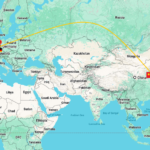

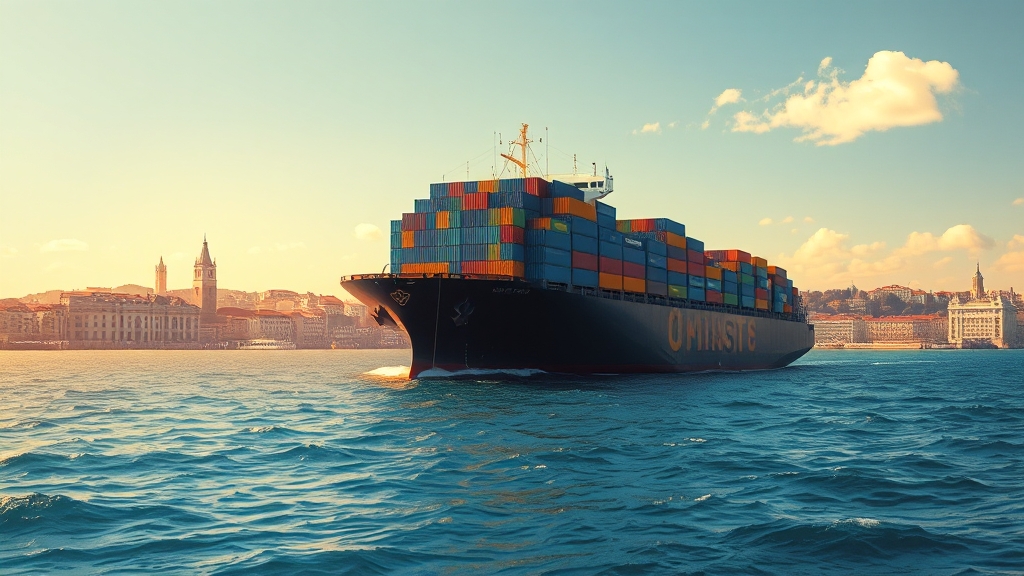
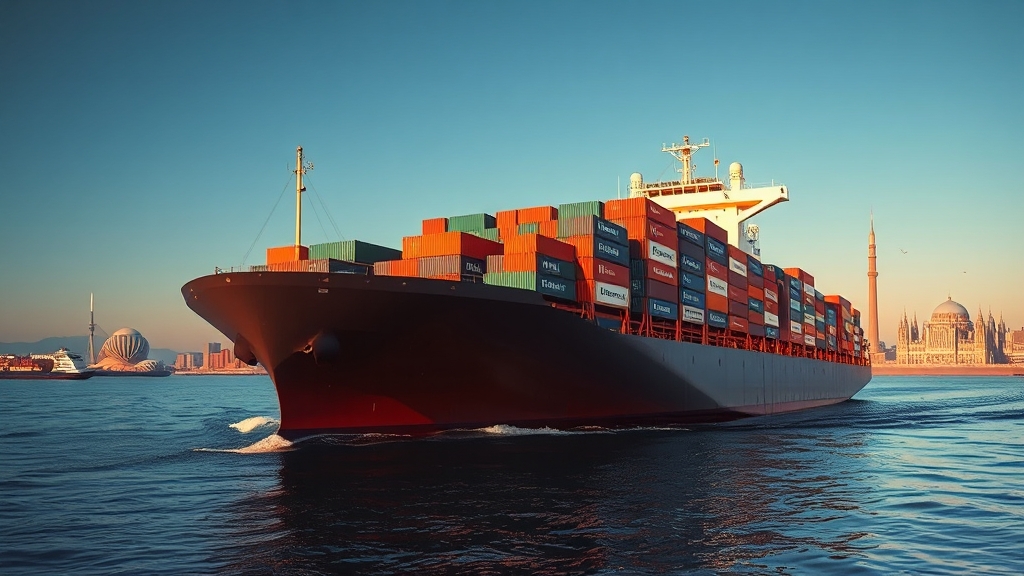
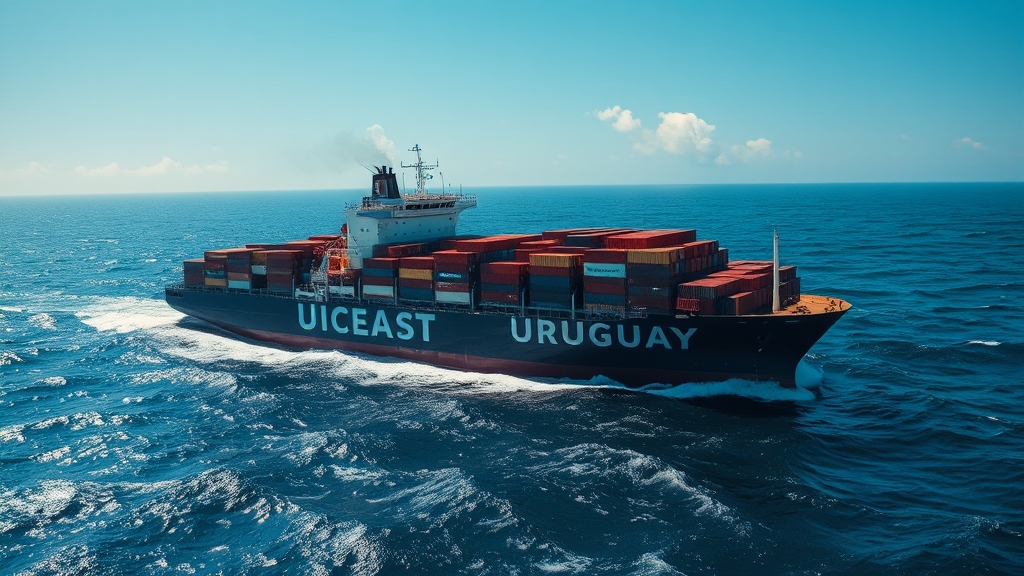
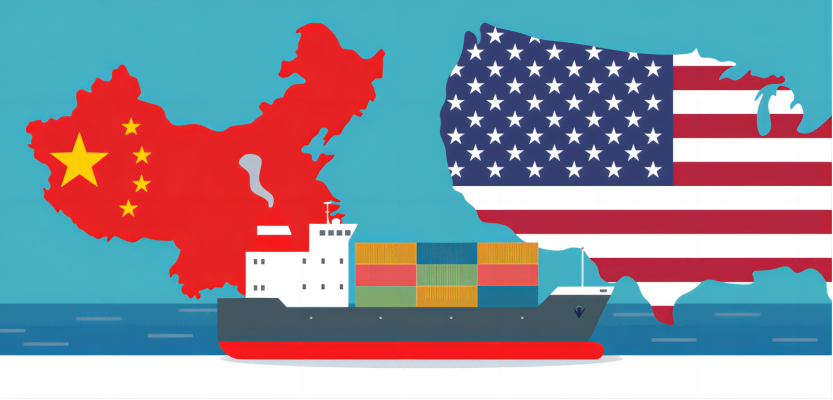
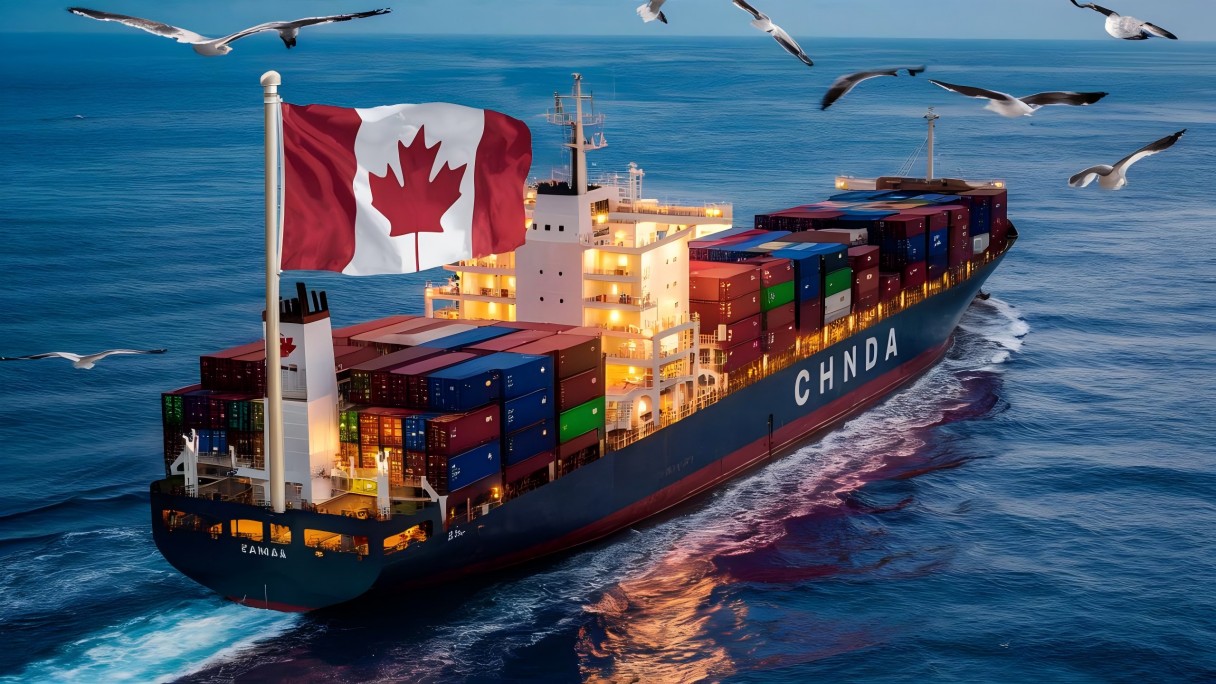





 Afrikaans
Afrikaans Shqip
Shqip አማርኛ
አማርኛ العربية
العربية Հայերեն
Հայերեն Azərbaycan dili
Azərbaycan dili Euskara
Euskara Беларуская мова
Беларуская мова বাংলা
বাংলা Bosanski
Bosanski Български
Български Català
Català Cebuano
Cebuano Chichewa
Chichewa 简体中文
简体中文 繁體中文
繁體中文 Corsu
Corsu Hrvatski
Hrvatski Čeština
Čeština Dansk
Dansk Nederlands
Nederlands English
English Esperanto
Esperanto Eesti
Eesti Filipino
Filipino Suomi
Suomi Français
Français Galego
Galego ქართული
ქართული Deutsch
Deutsch Ελληνικά
Ελληνικά Kreyol ayisyen
Kreyol ayisyen Harshen Hausa
Harshen Hausa Ōlelo Hawaiʻi
Ōlelo Hawaiʻi עִבְרִית
עִבְרִית हिन्दी
हिन्दी Hmong
Hmong Magyar
Magyar Íslenska
Íslenska Igbo
Igbo Bahasa Indonesia
Bahasa Indonesia Gaeilge
Gaeilge Italiano
Italiano 日本語
日本語 Basa Jawa
Basa Jawa ಕನ್ನಡ
ಕನ್ನಡ Қазақ тілі
Қазақ тілі ភាសាខ្មែរ
ភាសាខ្មែរ 한국어
한국어 كوردی
كوردی Кыргызча
Кыргызча ພາສາລາວ
ພາສາລາວ Latin
Latin Latviešu valoda
Latviešu valoda Lietuvių kalba
Lietuvių kalba Lëtzebuergesch
Lëtzebuergesch Македонски јазик
Македонски јазик Malagasy
Malagasy Bahasa Melayu
Bahasa Melayu മലയാളം
മലയാളം Maltese
Maltese Te Reo Māori
Te Reo Māori मराठी
मराठी Монгол
Монгол ဗမာစာ
ဗမာစာ नेपाली
नेपाली Norsk bokmål
Norsk bokmål پښتو
پښتو فارسی
فارسی Polski
Polski Português
Português ਪੰਜਾਬੀ
ਪੰਜਾਬੀ Română
Română Русский
Русский Samoan
Samoan Gàidhlig
Gàidhlig Српски језик
Српски језик Sesotho
Sesotho Shona
Shona سنڌي
سنڌي සිංහල
සිංහල Slovenčina
Slovenčina Slovenščina
Slovenščina Afsoomaali
Afsoomaali Español
Español Basa Sunda
Basa Sunda Kiswahili
Kiswahili Svenska
Svenska Тоҷикӣ
Тоҷикӣ தமிழ்
தமிழ் తెలుగు
తెలుగు ไทย
ไทย Türkçe
Türkçe Українська
Українська اردو
اردو O‘zbekcha
O‘zbekcha Tiếng Việt
Tiếng Việt Cymraeg
Cymraeg יידיש
יידיש Yorùbá
Yorùbá Zulu
Zulu